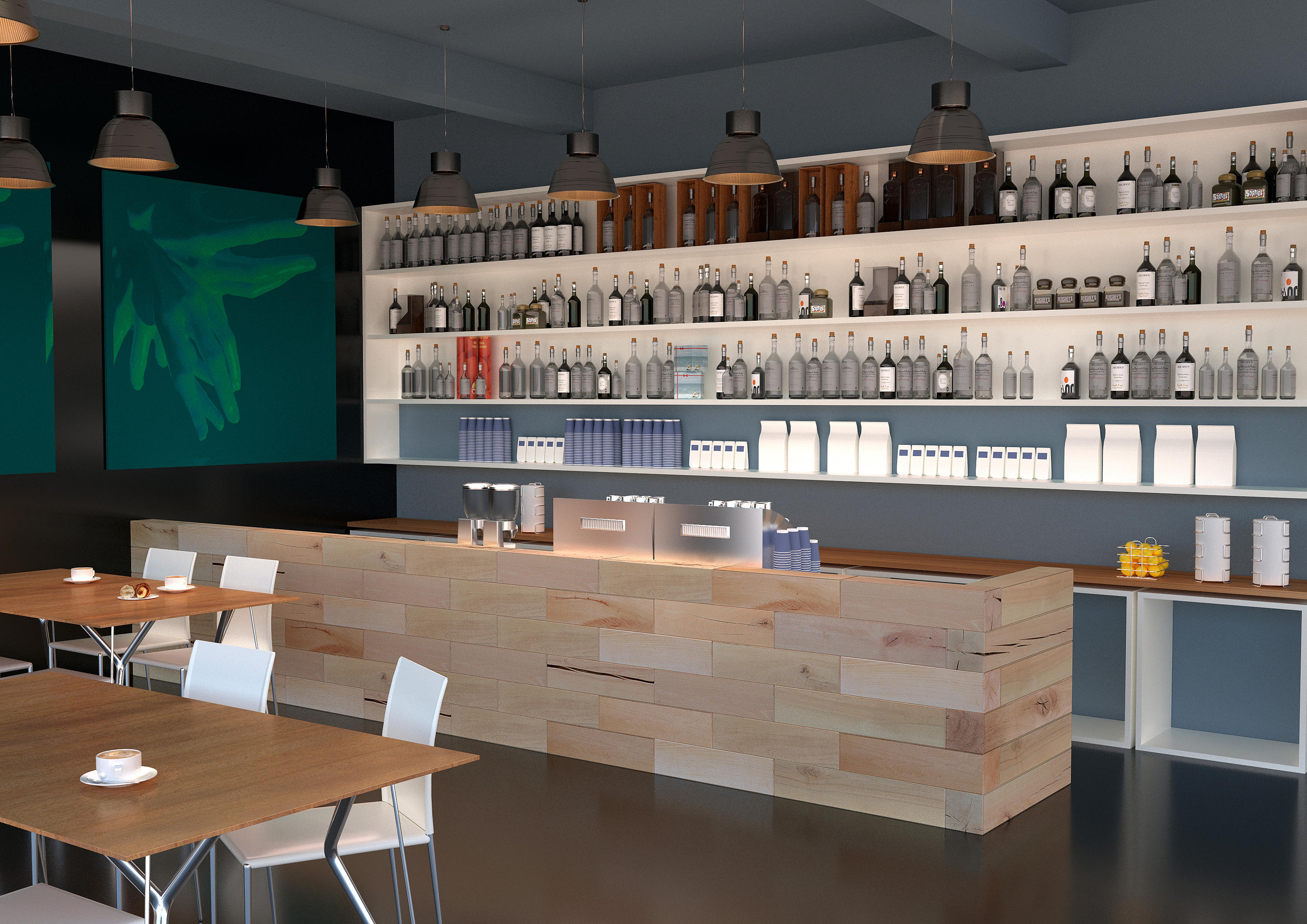Regarding elevating both the aesthetic and practical value of a home, premium countertops play a crucial role. Not only do they improve the beauty of kitchens and bathrooms, but they additionally contribute substantially to the overall home value. Given a wide range of materials and styles available, homeowners face the challenge of differentiating between options that are only attractive and those that possess durability and premium craftsmanship. Understanding the elements that make a countertop of high quality can be the essential factor to securing an informed investment that pays off in the long run.
In this article, we will examine what to look for when selecting high quality countertops, focusing on factors such as material choice, durability, and craftsmanship. We shall discuss how to identify signs of quality, the variances between natural stone and engineered options, and the importance of thickness and finish. In conclusion, readers will have a detailed guide to making decisions that not only enhance their homes' beauty but also provide significant returns on investment.
Comprehending Counter Top Quality
As assessing what determines a countertop high quality, multiple elements come into play. Premium countertops are generally constructed from durable materials that resist wear and tear through the years. The makeup of the countertop plays a vital role, as natural stone options like granite stone and marble, as well as composite stone like quartz material, possess unique properties that can influence longevity and aesthetics. visit our website , together with heat, scratch, and stain resistance, are key indicators of a countertop's overall quality.
A further crucial aspect is the skill involved in creating the countertop. A high-quality countertop will have precise edges, consistent patterns, and a finish that enhances its beauty while simultaneously serving practical purposes such as protection against spills and stains. The thickness of a countertop further impacts its strength, so being aware of the material's thickness can help ensure you are making a wise investment. High-quality finishes and effective sealing methods enhance the countertop's ability to handle everyday use and maintain its appearance over time.
Selecting a countertop that combines beauty and strength means understanding not only the materials but also the visual appeal. As homeowners seek enhance their spaces, counter designs that showcase elegance while being durable are a focus. Assessing countertop quality in showrooms or through professional advice allows consumers to make educated selections, guaranteeing their selections meet both aesthetic desires and functional needs. Understanding these elements is crucial for anyone looking to invest in a countertop that adds value to their home.
Reviewing Surface Durability
When picking a surface, resilience is a key factor that can greatly influence both performance and longevity. High-quality countertops are commonly made from materials that can resist daily wear and tear, tolerate scratches, and withstand heat. A well-crafted surface should offer a surface that stays pristine despite frequent use. Assessing a material's resistance to common kitchen challenges is important; for example, natural stones like granite and high-grade quartz often stand out in resilience, making them popular options for active homes.

Different materials exhibit different levels of resilience based on their makeup and fabrication process. Engineered materials, such as quartz, often provide consistent durability due to their manufacturing process, which combines natural stone with resins for extra strength. In comparison, natural stones can vary significantly in durability depending on their geological formation and processing. When evaluate options, pay close attention to how each material has been reinforced or finished, as these factors can impact both resilience and maintenance requirements, ensuring that the countertop can stand the test of time.
A further important aspect of surface durability is the standard of skill involved in its creation and installation. A skillfully crafted surface features seamless edges and true dimensions, which contribute to its overall strength and stability. Inferior craftsmanship can lead to weak areas that may lead to breakage or chipping over time. Therefore, it is important to not only evaluate the materials used but also to guarantee that the installation is performed by experts who adhere to high standards. Selecting for high-quality materials paired by expert craftsmanship will guarantee that your surface stays resilient and appealing for a long time to come.
Best High-End Counter tops Materials
In the realm of luxurious counter surfaces, stone variations including granite stone and marble often dominate the selection. This granite is famed for its strength and distinct designs, making each piece a unique choice for homeowners. Its resistance to heat and scratching ensures that it retains its aesthetic appeal even in busy kitchens. Conversely, marble, on the other hand, offers a everlasting elegance with its stunning vein patterns, but it requires more maintenance due to its vulnerability to staining.
Manufactured rock, particularly quartz stone, is increasing trending among householders who want both beauty and practicality. As it is non-absorbent, this quartz is less prone to staining compared to its stone counterparts, making it a easy care option. Additionally, its homogeneous look creates a streamlined and contemporary aesthetic that blends in contemporary layouts. The range of colors and patterns available in quartz can simulate the appearance of natural stone without sacrificing on strength.
If you who prioritize sustainability alongside excellence, recycled glass countertops are an appealing option. These countertops are made from reclaimed glass combined with polymer, offering a vibrant look. They are not only environmentally friendly but also very resistant to damage and staining, making them suitable for kitchen applications. Choosing luxury countertops composed of these components can substantially enhance the complete value and appeal of a house.
